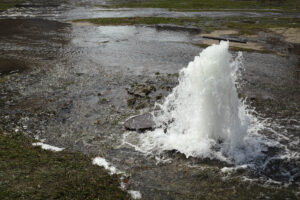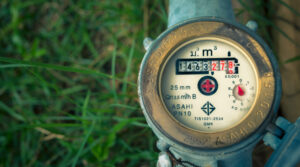The way you use water can have a huge impact on your local environment.
We are all aware of how the climate change crisis is affecting our environment, and how we use water plays a big part in this. The way businesses in every sector use water can have a direct impact on the local environment.
- River pollution
- Water over-abstraction
- Chemical treatments in water
- What some businesses are doing about it
River pollution
In 2020 it was reported that only 14% of English rivers have a good ecological standard and that no river achieved good chemical status. This is down to discharges of raw sewage, industrial chemicals and agricultural run-off.
Ali Morse, the chair of NGO coalition Blueprint for Water, explained why this is so worrying: “Healthy waters are essential for people and nature to survive, and for businesses to thrive, yet none of our rivers are now classed as being in good health. This affects our crops, our wildlife, the nature sites we love to visit, our water bills and so much more. We need the government to ensure we have the legal commitments, high standards, pollution prevention and funding to turn the tide for our rivers.”
Water over-abstraction
According to the World Bank, “agriculture accounts (on average) for 70 percent of all freshwater withdrawals globally”. The Bank also estimates that, in order to feed an increased population, the amount of water used by agricultural production will need to rise by 70% by the year 2050. Over-abstraction is already a big issue around the world, but also happens in the UK, especially during very dry spells. Over-abstraction of water by the agricultural sector can have a big impact on the environment, drying out streams and depleting rivers with a consequent effect on local wildlife.
Farmers and agri-food businesses that take water efficiency measures now are less likely to run into water supply difficulties during the UK’s dry spells. Water efficiency is beneficial to more than just the environment, it’s also likely to save your farm money. So, any efficiency measures farmers take now will be a good return on investment, as well as giving them the peace of mind that a dry summer is less likely to cause problems.
Chemical treatments in water
The leisure industry uses a lot of water! We love our swimming pools, spas, water parks, fishing lakes, golf courses, formal heritage gardens etc, all of which require a lot of water which could have an impact on the environment. Artificial lakes, for example, need to divert water from the natural environment to keep the water level balanced, so must be carefully managed in order to minimise the impact. And swimming pools not only use a lot of water, they also need chemical treatments that need careful management when it comes to the disposal of waste water so it doesn’t have an adverse effect on the environment. Our expert Trade Effluent team can support your business to demonstrate sustainable practices and achieve significant savings, with cost-effective treatment and disposal of trade effluent waste.
What some businesses are doing about it
The good news is that businesses are stepping up to the mark in order to do something about it. Business sustainability media outlet edie recently reported that the brewing giant Diageo’s investments in wastewater treatment, water recovery and river improvement over the past 14 years have resulted in a 46% improvement in water efficiency. In addition, Carlsberg aims to reduce water consumption by 25% and achieve zero water waste by 2030.
At Castle Water, we are committed to helping our customers improve their water sustainability. However small your company and however limited your budget, there is always something you can do towards saving water. Download our free Water Efficiency Guide for practical steps you can take now, and keep checking our blogs where we regularly write stories highlighting sustainability and the environment.










